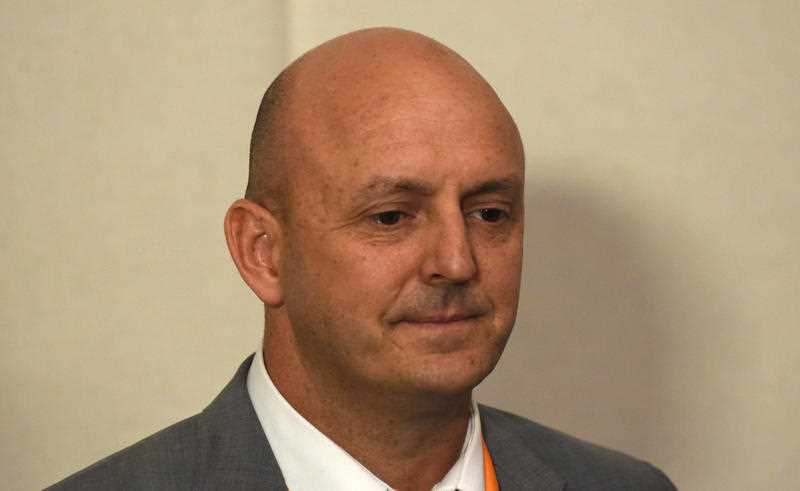Rising profits levels among the Australian corporate sector have been identified as one of the key causes for increasing inflation levels across the country, a new report has shown.
Research from The Australia Institute has revealed increasing profit levels among companies, and not increased wages for workers, have been contributing to rising inflation rates.
It comes as Treasurer Jim Chalmers warned families would have to endure tough economic times in the next couple of months as inflation continues to rise, adding to the rising cost of living.
The report found wages made no contribution to inflation in Australia during the 2019/20 or 2020/21 financial years.
The most recent financial year saw wages only make up 0.6 percentage points of the 4.1 per cent.
Currently, inflation is sitting at 5.1 per cent, the highest level in 20 years, with the rate expected to climb as high as seven per cent.
Australia Institute chief economist Richard Denniss said despite concerns from employers and business groups increased wages would contribute to rising costs, data showed the increasing profits were a major factor for inflation.
“The national accounts show it is rising profits, not rising costs that are driving Australia’s inflation,” he said,
“While workers are being asked to make sacrifices in the name of controlling inflation, the data makes clear that it is the corporate sector that needs to tighten its belt.
“It’s a shortage of competition, not a shortage of skilled labour that is driving up the cost of living in Australia.”
The report said increasing profits among businesses has been the dominant factor among the rising inflation levels.
“Increasing prices in line with, or in excess of, rising costs is a choice to maintain or increase profit margins in Australia, even though the profit share of GDP is at a near-record high,” the report said.
“It is clear that competition policy and other policies designed to control prices have a significant role to play in Australia.”
The federal treasurer said the rising inflation levels will put more pressure on households as it would likely lead to higher interest rates.
“It’s self evident that inflation of the kind we’re seeing now will bring interest rate rises from the independent Reserve Bank,” Dr Chalmers said.
“That will clearly slow the economy or slow our expectations for economic growth in the near term, as interest rates rise in the manner that the governor of the Reserve Bank has indicated that they will.”
The latest inflation figures are due out later this month when the Australian Bureau of Statistics releases the consumer price index for the June quarter.
ACTU president Michele O’Neil labelled the “big business campaign” against higher wage growth hypocritical and said stagnating pay packets amid record profits amounted to a “broken” system.
“Corporate Australia is causing the cost of living crisis by passing on price increases and refusing to give working people decent pay rises,” she said.
“While they are warning that the sky will fall in if wages keep pace with inflation, they are creating an inflationary cycle by pocketing record profits and paying out record bonuses to CEOs who refuse to increase pay for their workers.”
By Andrew Brown and Tess Ikonomou in Canberra
Get local, national and world news, plus sport, entertainment, lifestyle, competitions and more delivered straight to your inbox with the Canberra Daily Daily Newsletter. Sign up here.



